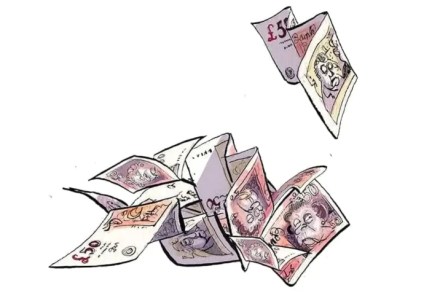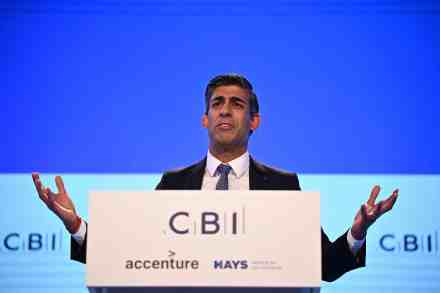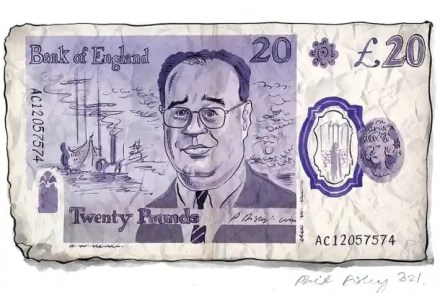Might next year’s economic pain be less than forecast?
This morning’s economic update from the Confederation of British Industry doesn’t make for cheery reading – but it could be worse. The organisation forecasts that the combination of high prices and low business investment will see the UK in recession throughout next year. Having previously predicted a 1 per cent rise in GDP next year, the CBI now expects a 0.4 per cent contraction. Meanwhile, the organisation’s economists expect average inflation over the course of the year to be more than three times the Bank of England’s target of 2 per cent. It’s by no means good news – but compared with other recent forecasts for the UK economy, it’s



















